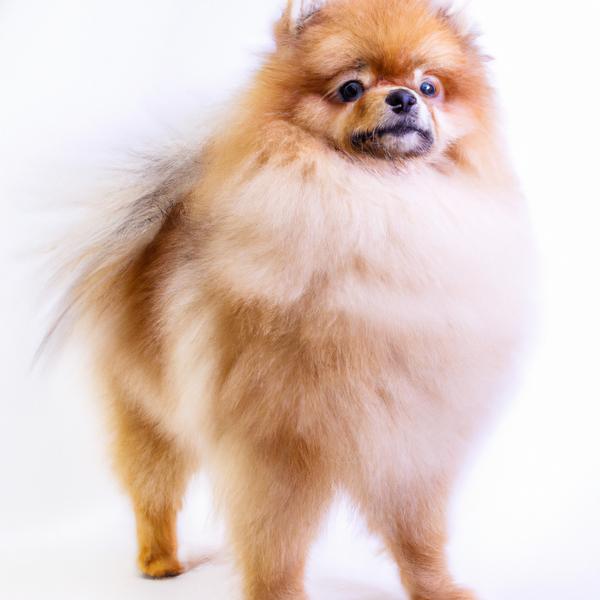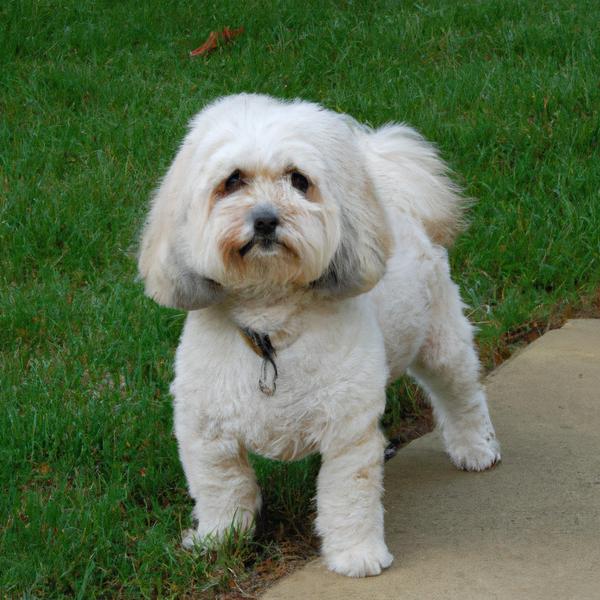Pomeranian vs. Havachon: Breed Differences and Similarities
Hypoallergenic
Are Pomeranians or Havachons hypoallergenic, or neither?
Unfortunately, the Pomeranian is not hypoallergenic, making it not a good choice for a dog lover who suffers from pet allergies.
While no dogs are truly 100% hypoallergenic, Havachons are about as close as it gets, making them an ideal pet if you are an allergy sufferer.
Temperament
What are the personalities of Pomeranian and Havachon dogs?
Active
Friendly
Lively
Sociable
Extroverted
Intelligent
Playful
Attentive
Docile
Trainable
Playful
Sensitive
Intelligent
Responsive
Affectionate
Lively
Gentle
Companionable
Cheerful
Sturdy
Amiable
Charming
Shedding Level
Do Pomeranians shed more than Havachons, or which breed sheds more, Pomeranians or Havachons?
Pomeranians are moderate shedders, but regular brushing can reduce shedding and maintain coat health.
Havachons are low shedding dogs, requiring minimal coat care.
Watchdog Ability
Which dog breed makes a better watchdog, the Pomeranian or Havachon?
Pomeranians are decent watchdogs - they'll alert their owner if something seems amiss.
Avoid Havachons as watchdogs - they're not effective.
Origin
What is the origin of Pomeranian and Havachon dog breeds?
Germany
United States
Ancestry
What are the origins of Pomeranian and Havachon breeds?
Norwegian Elkhound, German Spitz, Samoyed, American Eskimo Dog, Schipperke
Havanese, Bichon Frise
Breed recognition
Which kennel clubs recognize/register Pomeranian and Havachon?
American Canine Registry
American Kennel Club
America's Pet Registry
Canadian Kennel Club
Dog Registry of America Inc.
Kennel Club of Great Britain
North American Purebred Registry, Inc.
American Canine Association, Inc.
Australian National Kennel Council
Continental Kennel Club
National Kennel Club
New Zealand Kennel Club
United Kennel Club
Canadian Canine Registry
ACHC = American Canine Hybrid Club
DBR = Designer Breed Registry
DDKC = Designer Dogs Kennel Club
DRA = Dog Registry of America, Inc.
IDCR = International Designer Canine Registry®
Date of Birth
When were Pomeranian and Havachon breeds first developed?
1800s
Unknown
Eye Color Possibilites
What are the eye colors of Pomeranian and Havachon dogs?
Blue
Brown
Brown
Nose Color Possibilites
What are the natural nose colors of Pomeranian and Havachon?
Black
Brown
Isabella
Black
Coat Color Possibilites
What are the natural colors of the coat for Pomeranian and Havachon breeds?
Silver
Cream
Red
Brown
Fawn
Gray
Black
White
White
Cream
Gray
Black
Brown
Silver
Blue
Pied
Coat Length
What is the typical coat length for Pomeranian and Havachon breeds?
Pomeranians have medium-length coats.
Havachons have longer coats compared to most dogs.
Coat Density
What is the density of the coat of Pomeranian and Havachon?
Coat Texture
What is the hair texture of Pomeranian and Havachon?
Straight
Curly
Litter Size
What is the usual litter size for Pomeranian and Havachon?
A Pomeranian can have a litter of 12-16 puppies on average. However, it's worth noting that the size of the litters can vary greatly. Factors that can influence litter size include the health of the mother, breeding history, and genetics.
A Havachon can have a litter of 1-9 puppies on average. However, it's worth noting that the size of the litters can vary greatly. Factors that can influence litter size include the health of the mother, breeding history, and genetics.
Adaptability
Pomeranian and Havachons are known for their adaptability and versatility. They are capable of adapting well to a wide range of lifestyle changes and living environments, making them great companions for families and individuals of all lifestyles.
Health Issues
Between Pomeranian and Havachon, which breed is more prone to health problems?
Pomeranian and Havachon breeds are generally considered to be healthy. However, like all breeds, they are susceptible to certain health issues and it is important to keep an eye out for them and address them with your veterinarian as needed.
Major Concerns
What are the major health concerns for Pomeranian and Havachon breeds?
Patellar Luxation
Entropion
Mono/Bilateral Cryptorchidism
Legg-Calve-Perthes Disease
Collapsed Trachea
Progressive Retinal Atrophy
Mitral Valve Disease
Portosystemic Shunt
Heart Murmur
Minor Concerns
What minor health issues should be kept in mind when owning Pomeranian and Havachon?
Cataracts
Allergies
Epilepsy
Patellar Luxation
Cataracts
Legg-Calve Perthes Disease
Bladder Stones and Infections
Occasional Tests
What occasional tests are recommended for Pomeranian and Havachon breeds?
Eye
Knee
X-Rays
MRI
Eye Examination
Physical Examination
Allergy Tests
X-Rays
Eye Examination
Physical Examination
Ultrasound
Electrocardiogram
Blood Work
Energy
How do the energy levels of Pomeranians and Havachons compare?
Pomeranians are suitable for those with a balanced lifestyle as they have an average energy level.
Havachons' high energy levels make them unsuitable for a low-key dog, choose accordingly.
Social Needs
Pomeranian vs Havachon social needs comparison
Pomeranian and Havachon have very high social needs. These needs include regular mental and physical stimulation, a job or purpose, and companionship. They thrive in environments where they have a lot of interaction with humans and other dogs.
Exercise Needed
Pomeranian vs Havachon exercise need comparison.
Pomeranians need only a small amount of physical activity, ideal for busy or elderly people or those with limited space.
Havachons need moderate physical activity and are great for families and active individuals.
Sleeping Need
Which of the two sleeps the most/least: Pomeranian or Havachon?
Pomeranians have moderate energy levels and typical sleep patterns of 12-14 hours per day.
Havachons are known for their relaxed and calm nature and enjoy long periods of sleep.
Tendency to Bark
Do Pomeranians or Havachons bark more/less frequently?
The Pomeranian is a vocal breed that frequently barks and howls, and may not be suitable for those seeking a quiet companion.
Havachons bark moderately when necessary and may also bark due to certain triggers like fear, alarm, boredom, greeting, separation anxiety and compulsive barking.
Mouthiness
Mouthiness Comparison: Pomeranian vs Havachon?
Roaming urge
Pomeranian vs Labrador: Running away tendency?
Prey Drive
Pomeranian or Havachon - which breed has a higher level of prey drive?
Past times
What are some enjoyable activities and ways to keep Pomeranian and Havachon entertained?
Walking, Barking, Petting, Eating Snacks, Nap, Brushing, Sleep, Bark, Walk, Observing, Sniffing, Fetch, Go to Park, Groom, Being talked to, Wrestling, Pets, Kisses, Running, Exploring, Slow walking, Sleeping, Growling, Run, Shake, Investigate, Play, Chase, Catch treats, Dog Parks
Snuggling, Walks, Doing tricks, Fooling around, Running around, Swim, Walk, Run, Sleep, Groom, Watching tv, Tug-of-war, Fetch, Hugging, Cuddling, Roadtrips, Cuddles, Chase, Hugs, Running, Naps, Napping, Playing, Taking walks, Walking, Fetch and chase
Activity Level
Which breed has higher energy, Pomeranians or Havachons?
Both Pomeranian and Havachon are medium-energy dogs that enjoy socializing and playing with other dogs. They may engage in casual or sustained games of chase, and occasionally have bursts of barking or racing around the house.
Tolerance of being left alone
Walks per Week
How many miles should Pomeranian or Havachon walk each week?
There's really no limit to how far you walk your dog as long as they're comfortable. For Pomeranian, it's at least 5 miles / week. Just remember to build distance and stamina gradually over time.
There's really no limit to how far you walk your dog as long as they're comfortable. For Havachon, it's at least 9 miles / week. Just remember to build distance and stamina gradually over time.
Activity per Day
Do Pomeranians or Havachons require more exercise?
Both Pomeranian and Havachon typically require a minimum of 40 minutes of exercise each day. The exercise can be spread throughout the day and may involve high-energy activities like walking, running, and playing.
Grooming
Which breed is easier to maintain in terms of grooming, Pomeranians or Havachons?
The Pomeranian requires an average amount of grooming compared to other breeds.
Havachons require significant grooming, including regular trims and professional grooming assistance to maintain their coat. They may also require frequent bathing to keep their coat and skin healthy.
Brushing Frequency
What is the recommended brushing frequency for Pomeranian and Havachon dogs?
Ideally, Pomeranian should be brushed at least 2 or 3 times a week (preferably daily) improve shedding.
Havachon should be brushed at least once a week. Of course you can give them more frequent brushes if you find that they are still shedding a lot
Brushing Tools
What brushing tools are used for Pomeranians and Havachons?
Slicker Brush
Comb
Deshedder
Nail Clipper
Pin Brush
Slicker Brush
Dematter
Nail Clipper
Cups
How much food should be given to Pomeranian or Havachon in cups?
Pomeranian and Havachon share the same recommended daily food intake of 1 cups, although the appropriate quantity may vary depending on the quality and nutritional content of their food.
Daily Cost
Which breed has a higher daily cost, Pomeranian or Havachon?
The average cost of a Pomeranian is somewhere $1.40 - $2.80 per day.
The average cost of a Havachon is somewhere $1.10 - $1.40 per day.
Monthly Cost
Which breed has a higher monthly cost, Pomeranian or Havachon?
When it comes to monthly expenses, both Pomeranian and Havachon have a similar average cost, ranging from $35 - $42. This results in an average yearly cost of around $420 - $504.
Intelligence
Comparing Intelligence: Pomeranians vs Havachons
Pomeranian is a very intelligent and trainable breed.
Havachons are average in obedience intelligence but have a high IQ and may cause trouble if left unsupervised.
Sensitivity Level
How do Pomeranian and Havachon compare in sensitivity?
These breeds are more sensitive than others and easily overwhelmed by new surroundings and people. Pomeranian and Havachon need gentle handling and a calm, stable home environment with positive reinforcement training.
Affection Dependance
Which is the more affectionate dog breed: Pomeranian vs Havachon?
Apartment Friendly
Which breed is more apartment-friendly: Pomeranian or Havachon?
Pomeranians and Havachons are known for being excellent apartment dogs. They are fairly active indoors and will do okay without a yard.
Child Friendly
Do Pomeranians or Havachons have a friendlier temperament towards children?
Pomeranians are not the best choice for families with kids.
Havachons make excellent family pets for kids due to their gentle, protective nature and calm temperament.
Senior-friendly
Which dog is more suitable as a pet for the elderly - Pomeranian or Havachon?
Cat Friendly
Do Pomeranian or Havachon breeds have a better compatibility with cats?
Pomeranians and Havachons are very cat friendly dogs. They generally make good companions for cats.
Dog Friendly
Which breed is more sociable with other dogs: Pomeranian or Havachon?
Pomeranians are average in their friendliness towards other dogs, and socialization can help.
Havachons are generally very friendly towards other dogs, with a happy and affectionate temperament.
Pet friendly
How do Pomeranian or Havachon dogs interact with other pets?
Stranger Friendly
Which breed is more friendly with strangers: Pomeranian or Havachon?
Pomeranians are quick to announce strangers and can be standoffish or suspicious.
Havachons are highly friendly around strangers.
Playfulness
Which breed is more playful between Pomeranian and Havachon?
Pomeranians have an average level of playfulness, enjoying playtime like most dogs but not excessively so.
Havachons are very playful, so adopting an older one might be a better option for a more relaxed experience.
Trainability
How do the trainability levels of Pomeranians and Havachons compare?
Pomeranian and Havachon dogs are known for their ease of training and ability to learn quickly, making them a popular choice for pet owners and trainers alike.
Compare Pomeranian with other breeds
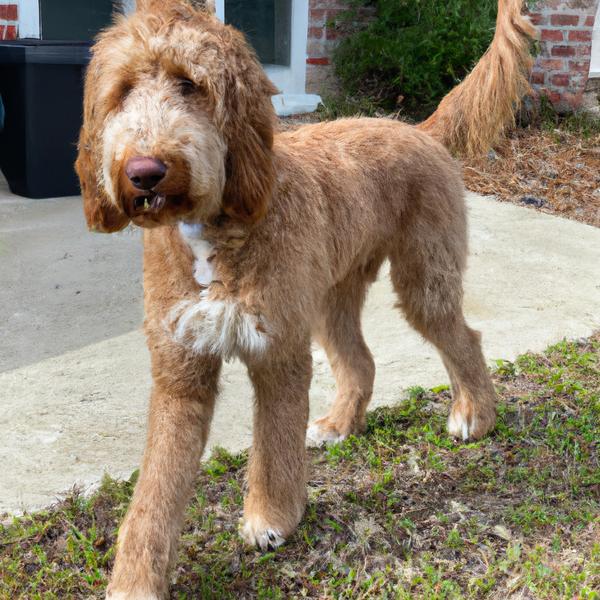
Redbone Coonoodle
Pomeranian vs Redbone Coonoodle
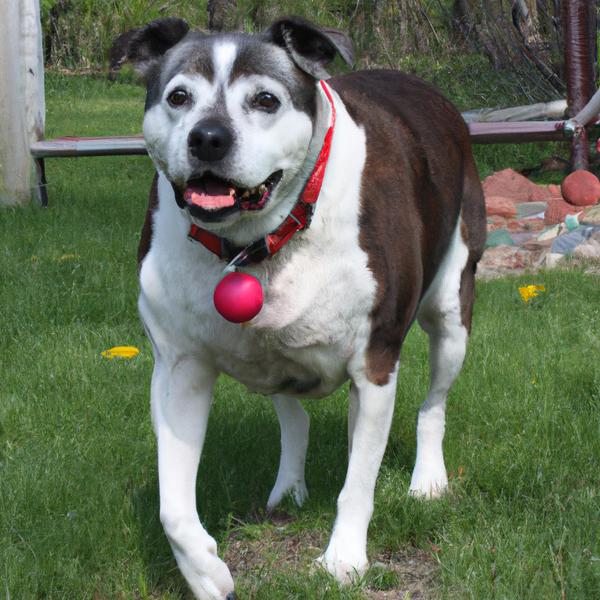
Olde Pit Bulldogge
Pomeranian vs Olde Pit Bulldogge
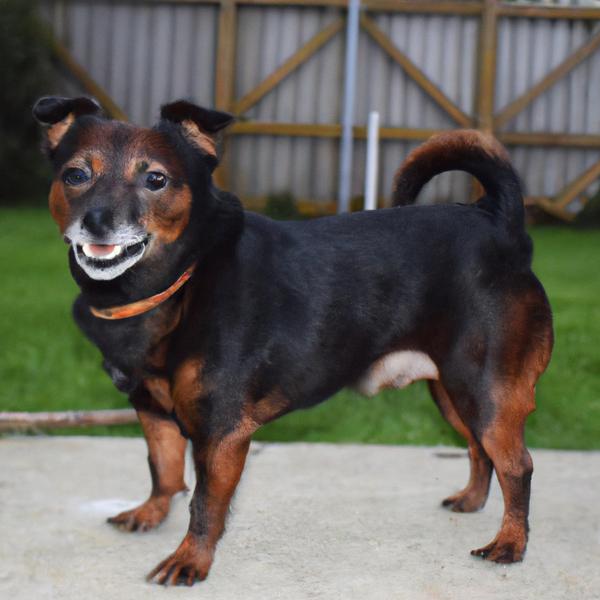
Patterjack
Pomeranian vs Patterjack
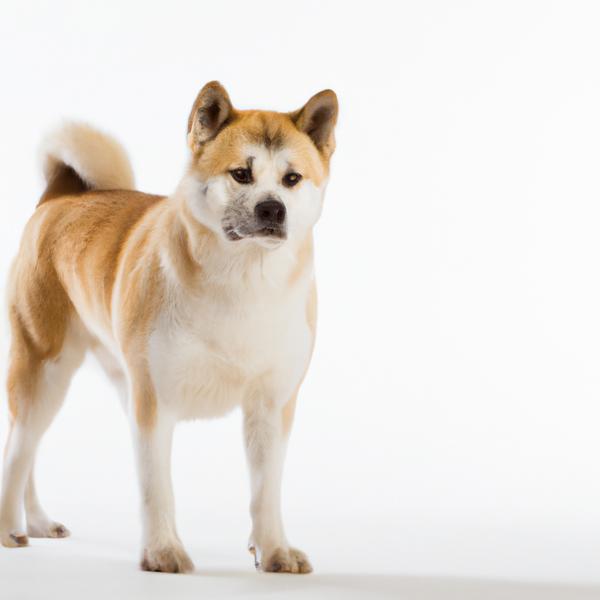
Sco-Shi
Pomeranian vs Sco-Shi
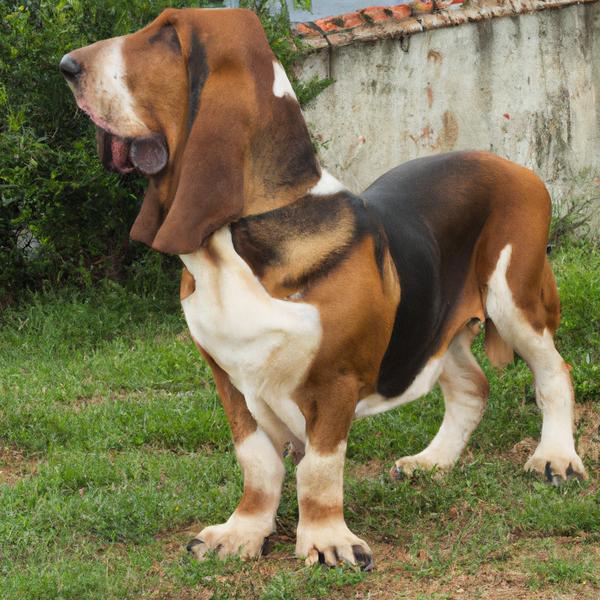
Basset Shepherd
Pomeranian vs Basset Shepherd
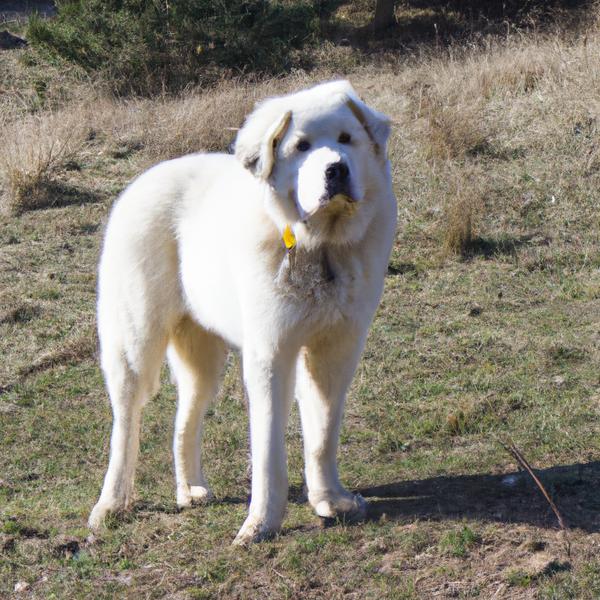
Saint Pyrenees
Pomeranian vs Saint Pyrenees
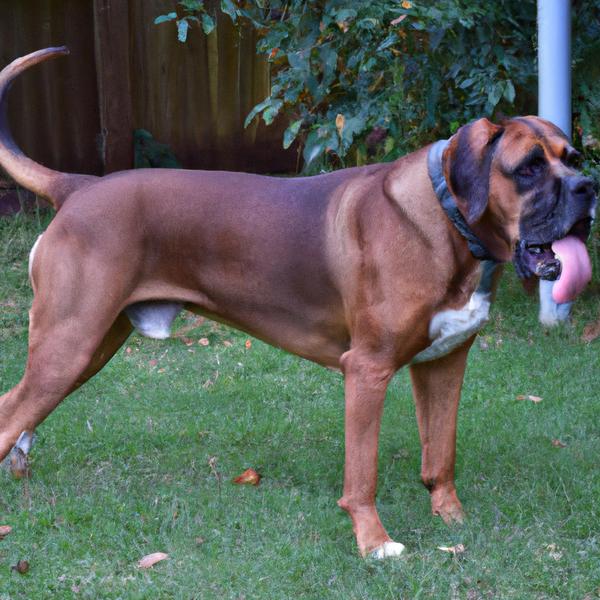
Boxer Basset
Pomeranian vs Boxer Basset
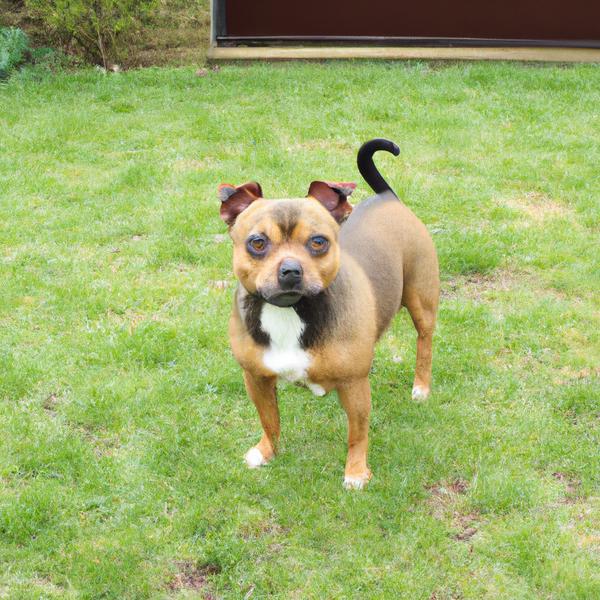
Chi Staffy Bull
Pomeranian vs Chi Staffy Bull
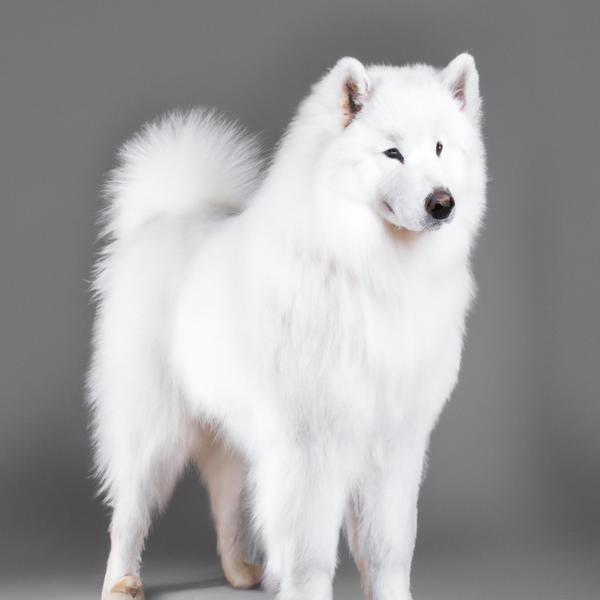
Eskifon
Pomeranian vs Eskifon
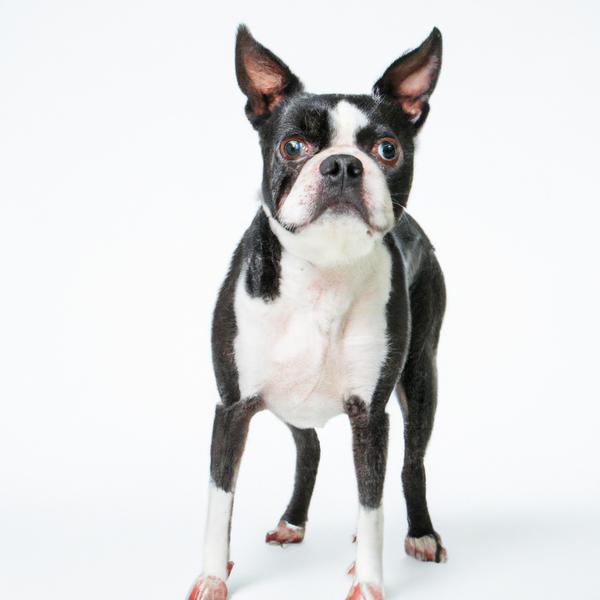
Boston Malterrier
Pomeranian vs Boston Malterrier
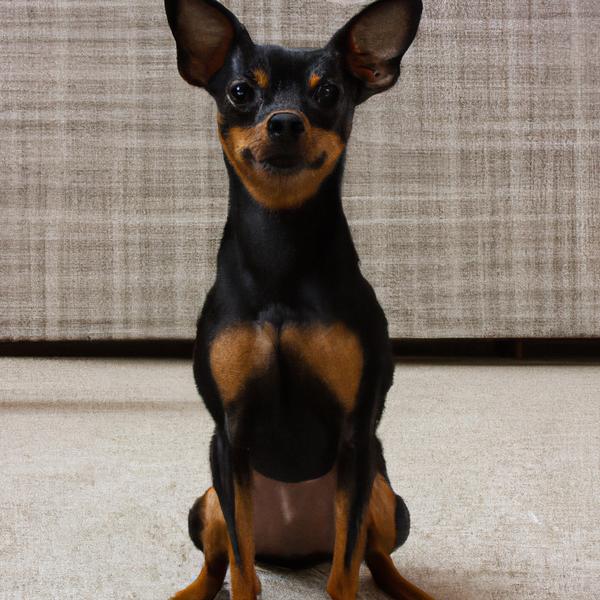
Mini Ratzer
Pomeranian vs Mini Ratzer
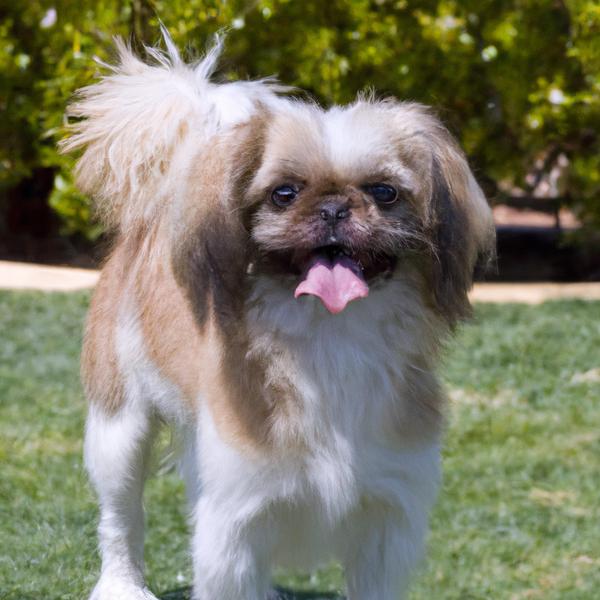
Peke-A-Chon
Pomeranian vs Peke-A-Chon
